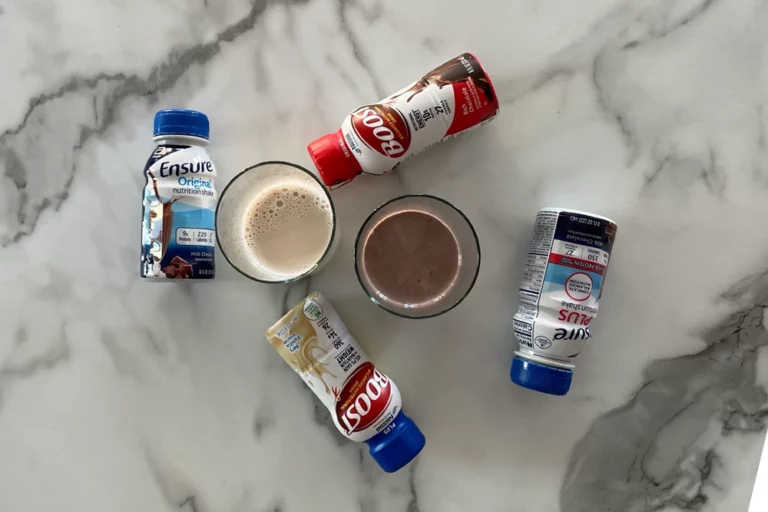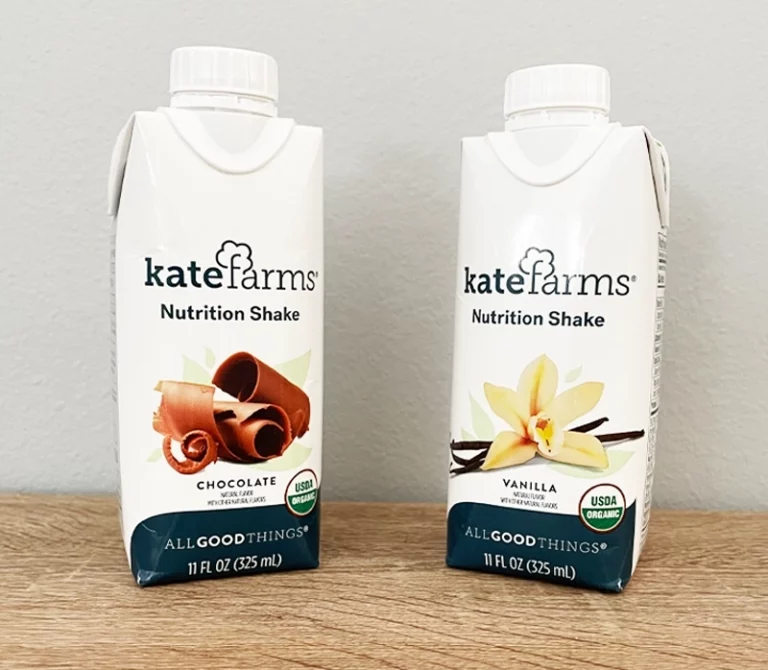6 Natural Sleep Aids for the Elderly
We include links to products that we think our readers will find useful. If you buy through links on this page, we may earn a small commission. Learn about our process.
At some point, most people experience sleep problems — whether that means falling asleep, staying asleep, or both.
However, compared with their younger counterparts, the elderly are more likely to experience sleep problems.
This is because the elderly are more likely to have conditions that can disrupt sleep, including restless legs syndrome (RLS), diabetes, kidney disease, acid reflux, dementia, and physical disabilities, and take medications for these conditions that can also interfere with sleep (1).
While practicing healthy sleep habits like maintaining a regular sleep routine and avoiding electronic devices like your phone that emit blue light before bed is helpful for sleeping better, they may not be enough.
Here are 6 natural sleep aids for the elderly to try for better sleep.

1. Melatonin
Melatonin is a hormone produced naturally by the pineal gland in the brain.
Levels of the hormone increase in the evening when it’s dark to promote sleep and decrease in the morning when it’s light to promote wakefulness.
However, melatonin production gradually declines with age, contributing to sleep problems in the elderly (2).
Fortunately, melatonin supplementation has been shown effective for decreasing sleep latency — the time it takes a person to fall asleep — and improving total sleep time in the elderly, including in those with dementia (3, 4, 5).
Melatonin suppements range in dosage from 0.3–10 mg.
Research suggests a dose between 1 mg and 6 mg is the most effective for improving sleep in older adults, but it’s best to start with the lowest dose possible and increase to a higher dose if needed (5).
Melatonin is safe and effective for the elderly and can be taken nightly since it’s non-habit forming, but it may cause some minor side effects.
Find melatonin online here.
2. Glycine
Glycine is an amino acid found naturally in meats, seafood, nuts, and seeds.
It’s a nonessential amino acid meaning your body can produce it so it’s not essential to your diet.
However, when taken as a supplement, glycine promotes a calming effect on the brain and lowers your core body temperature, helping to promote sleep and improve sleep quality (6).
An effective dose of glycine for use as a sleep aid is 3 grams taken before bed (7).
You can find glycine supplements online.
3. Magnesium
Magnesium is a mineral found naturally in green leafy vegetables, legumes, nuts, seeds, and whole grains (8).
It’s needed for muscle contractions, nerve function, blood sugar control, and blood pressure regulation, among many other functions (9).
Magnesium is also crucial for good sleep.
Unfortunately, many people, particularly the elderly, have low dietary intakes of magnesium and may experience sleep problems as a result (8).
In one study, older adults who supplemented with 500 mg of magnesium oxide for eight weeks experienced a significant decrease in sleep latency and an increase in overall sleep time and quality compared with placebo (10).
These results are similar to another study in older adults that demonstrated an improvement in sleep quality with 320 mg of magnesium citrate after seven weeks (11).
Compared with magnesium oxide, magnesium citrate is better absorbed and less likely to cause stomach upset (12).
An effective dose of magnesium citrate for sleep is 300–350 mg taken before bed.
Find magnesium citrate online.
4. Ashwagandha
Ashwagandha is one the most prominent herbs in Ayurveda, an alternative form of medicine originating from India.
Among its multiple health benefits, ashwagandha has been shown to improve sleep by reducing anxiety and stress.
A review of 500 studies composed of 400 adults — including older adults — found that daily supplementation with 600 mg of ashwagandha extract for eight weeks significantly improved sleep quality, mental alertness upon rising, and anxiety compared with placebo (13).
An effective dose of ashwagandha root for sleep is 600 mg per day taken either in the morning or evening (13, 14).
Ashwagandha supplements are commonly adulterated, meaning less expensive ingredients are used in place of more expensive ones (15).
Thus, it’s best to stick with standardized extracts like this product from Gaia Herbs.
5. Lavender
Lavender essential oil is commonly used in aromatherapy for its ability to promote relaxation and alleviate anxiety.
Many studies have shown that aromatherapy with lavender essential oils alleviates insomnia and improves sleep quality (16, 17, 18).
However, the difficulty in blinding the participants in the study to prevent them from knowing which treatment is given — due to lavender’s recognized scents — weakens the current evidence.
Still, when provided in pill form, lavender has been shown to alleviate anxiety, improve sleep quality, and increase sleep duration (19, 20, 21, 22).
These studies used a lavender essential oil preparation called Silexan, which you can find online.
6. Valerian root
Valerian is a popular herbal medicine commonly used as a sleep aid due to its sedative and anti-anxiety effects.
A review of 16 studies found that 80% of people who supplemented with valerian reported improved sleep compared with placebo (23).
However, the included studies were of poor quality, limiting the strength of the review’s findings.
A larger review, this time of 60 studies, found that valerian was an effective sleep aid when supplemented for 4–8 weeks (24).
Similar to ashwagandha, valerian supplements are commonly subject to adulteration, so look for brands that prioritize purity and potency like Gaia Herbs.
An effective dose of valerian root for sleep is 450–1,410 mg taken before bed.
The bottom line
Compared with their younger counterparts, the elderly are more likely to experience sleep problems due to certain medical conditions and medications used to treat these conditions.
Establishing and maintaining healthy sleep habits is important for good sleep, but when these habits are not enough, several supplements like melatonin, magnesium, and lavender have been shown to be safe and effective sleep aids for the elderly.







